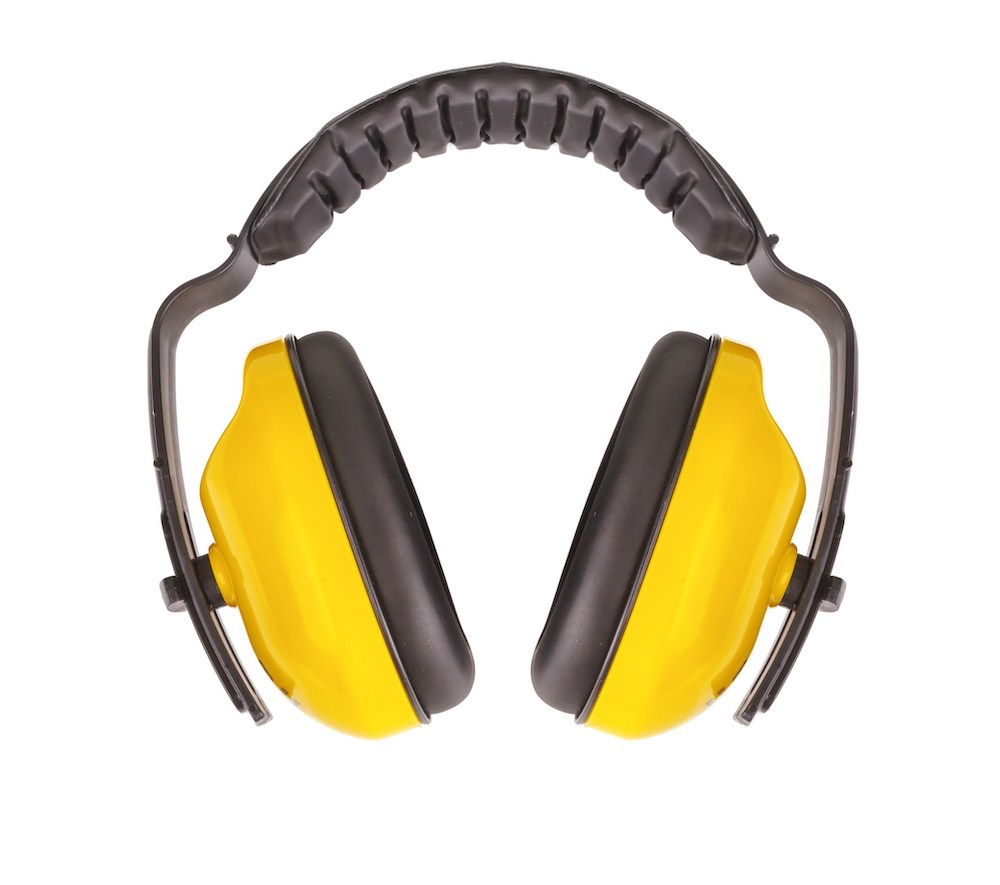The Impact of 5G on Hearing Aid Technology
As 5G networks continue to roll out across the country, you’ve
Check Out Our Latest Hearing Healthcare Videos on Our YouTube Channel! Click Here→


As 5G networks continue to roll out across the country, you’ve

Whether you’re mowing the lawn, attending a concert or working in a

Hearing aids have evolved from basic amplification devices to